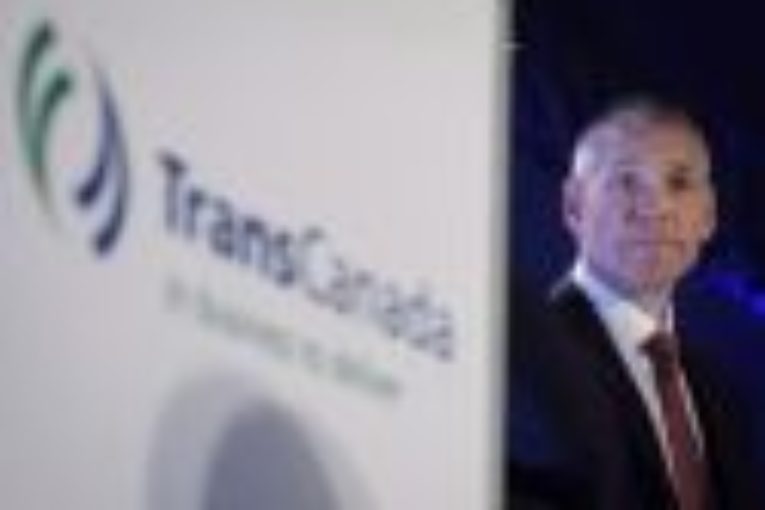
TransCanada Corp. posted first-quarter profit that topped analysts’ estimates, giving the pipeline company momentum as it enters a period that’s likely to feature key legal decisions on some of its major projects.
TransCanada reported a profit of $1.00 billion in its latest quarter, up from $734 million a year ago, as its revenue edged higher.
The pipeline company says the profit amounted to $1.09 per share for the quarter ended March 31. That compared with a profit of 83 cents per share in the same quarter last year.
Revenue for what was the company’s first quarter totalled $3.49 billion, compared with $3.42 billion in the first quarter of 2018.
On a comparable basis, TransCanada says it earned $987 million or $1.07 per share for the quarter, up from $864 million or 98 cents per share a year ago.
Chief executive Russ Girling says the increase was due to the strong performance of the company’s legacy assets, along with roughly $5.3 billion of growth projects that were placed into service in the quarter.
Analysts on average had expected a profit of 99 cents per share, according to Thomson Reuters Eikon.
Key Takeaways
TransCanada is benefiting from increased energy production and a shortage of pipeline capacity that’s keeping its Keystone oil pipeline system and Columbia natural gas system running at high rates.
The earnings strength may reassure TransCanada investors as the company awaits a Nebraska Supreme Court ruling on regulatory approval for its proposed Keystone XL pipeline’s route through the state. The company said Friday it expects the decision on the $8 billion project this quarter.
TransCanada is entering a key period for its $6.2 billion (US$4.6 billion) Coastal GasLink natural gas project. Regulatory approval for the line also been challenged, and a decision is expected in the third quarter, the company said Friday. TransCanada added that there’s been progress on plans to sell a majority stake in the project. Some of the company’s natural gas pipelines in Mexico also are facing delays. The start of the Sur de Texas line has been delayed by force majeure events, and construction on part of the Tula project has been set back because of a lack of progress by the government’s energy department.
Bloomberg.com, with files from the Canadian Press
You can read more of the news on source
